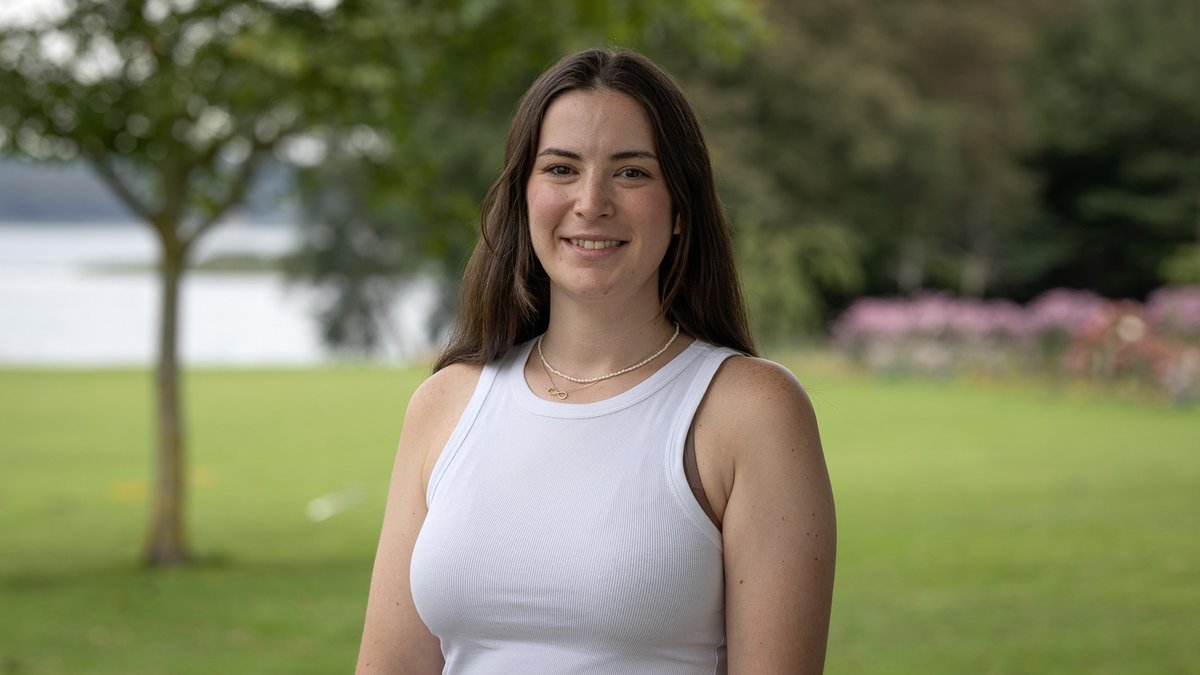Seyda Ünsal - Postdoctoral Fellowship 2025
Project summary:
Investigating the efficacy of novel biological intervention (anti-MFAP4) in heart failure
This project explores the role of a little-known protein, MFAP4, which may initially help but ultimately worsen heart failure by promoting harmful scarring in the heart. Building on promising results from other organ systems, I will test a novel biological therapy that targets MFAP4 in mouse models of heart failure.
Project Title
Investigating the efficacy of novel biological intervention (anti-MFAP4) in heart failure
Background
This study aims to understand how a protein called microfibrillar-associated protein 4 (MFAP4) affects heart failure, a serious condition that can lead to death despite the best available treatments. MFAP4 is mostly found in blood vessels and is known to play a role in maintaining the elasticity of blood vessels. MFAP4 has been linked to harmful changes in blood vessels and organ scarring. Although MFAP4 has been connected to heart failure before, its exact role in this disease is still unclear.
Aim
MFAP4 is likely to cause long-term scarring in the heart, as heart failure progresses. The aim of the project is to test if blocking MFAP4’s harmful effects on certain cell signals could help reduce the heart scarring and improve heart function.
Methods
Our research group has developed a new intervention that targets MFAP4, therefore, blocking its ability to send harmful signals. To test the impact of this treatment on heart failure, mouse models that mimic heart failure will be utilized with and without treatment. In the end, the differences between heart function and heart architecture will be analyzed. Additionally, we will use advanced technology called spatial transcriptomics to understand which specific cells and pathways are affected by the treatment.

Seyda Ünsal
- MSc and PhD
- University of Southern Denmark, Institute of Molecular Medicine
Co-supervisors:
Professor Grith Lykke Sørensen, Department of Molecular Medicine, University of Southern Denmark
Federica Accornero, PhD, George D. Eggleston Professor of Biochemistry, Department of Molecular Biology, Cell Biology and Biochemistry, Brown University
Collaborator:
Professor Thomas Levin Andersen, Department of Clinical Research & Danish Spatial Imaging Consortium (DanSIC), University of Southern Denmark